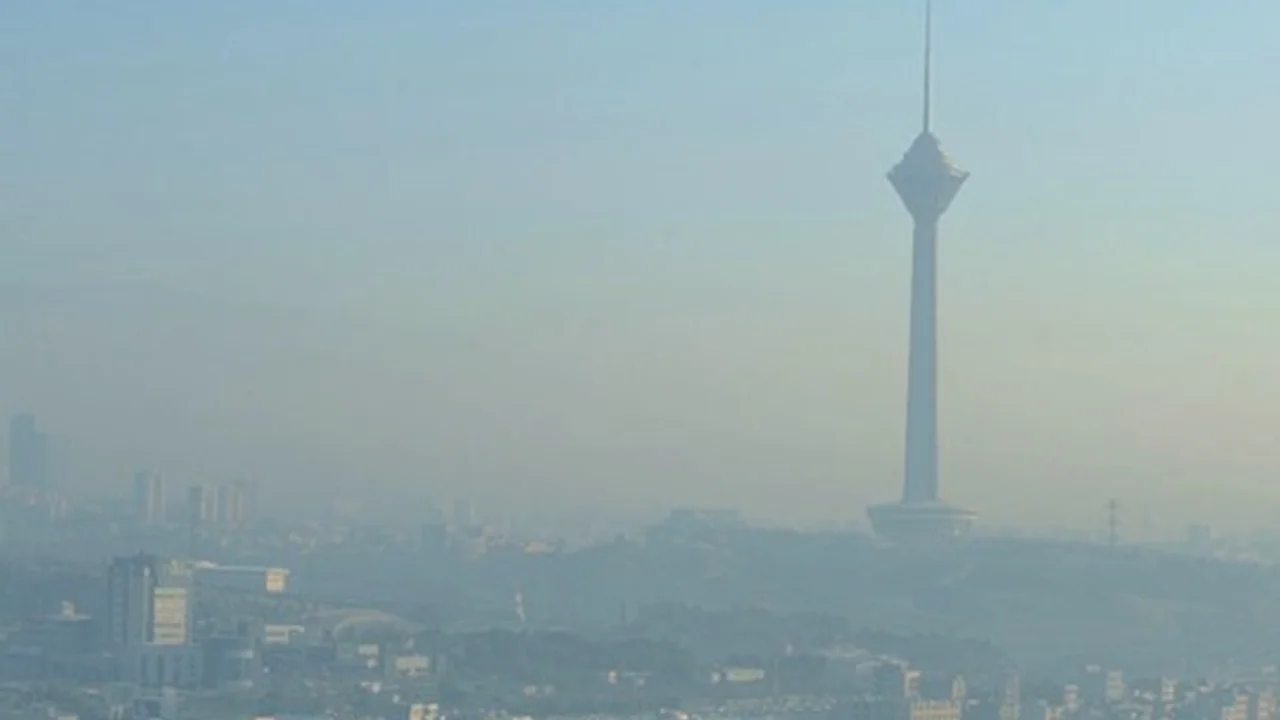What’s in the Toxic Mix of Iran’s Polluted Air?
Chronic air pollution has smothered Iranian cities for decades, portending potentially fatal health effects for its residents and an unresolved conundrum for the government.
Experts generally assess air pollution as a complex issue caused by multiple factors. However, Iran’s particular problem is caused by two factors that are directly related to the poor management of Iran’s energy sector: the poor quality of gasoline and diesel fuels and the incineration of heavy fuel oil, or mazut, in power stations and factories.
The burning of fossil fuels always contributes to air pollution, but a good indicator of a particular fossil fuel’s quality is its sulphur content. As the fuel burns, the sulphur is converted to sulphur dioxide gas, which leads to breathing problems if inhaled. It is also one of two major ingredients in acid rain, which destroys vegetation and wildlife.
Dirty fuels
In Europe, the sulphur content of gasoline and diesel fuels are limited to 10 ppm (parts per million), whereas in Iran the official limit is 50 ppm, i.e. five times higher. European governments impose severe penalties on refineries as well as retail stations if the fuel’s sulphur content limits are exceeded. In many cases, the actual sulphur content in Iranian gasoline exceeds even the relatively high national limit, without leading to any serious penalties for the oil refineries that produce it. Iranian government officials admitted that the average sulphur content in the gasoline for the Iranian calendar year 1396 (2017-2018) reached 69 ppm because of refinery production problems. In 2019, the state-run news site Financial Tribune claimed that random samples indicated that the sulphur content of gasoline was as high as 190 ppm.
Chart below shows the comparison of Sulphur content of gasoline in Europe and Iran.
Heavy fuel oil
A second contributor to Iran’s air pollution problem is the burning of mazut, or heavy fuel oil, in national power stations as well as industrial plants. In winter months, power stations burn Mazut to compensate for disruptions in national gas supplies. Mazut contains very high levels of sulphur, as well as other harmful particles. Many countries consider mazut burning an antiquated practice. In the United Kingdom, all fuel oil-burning power stations have either been discontinued or converted to process natural gas. In mainland Europe, the fuel oil used for power generation must have less than 1 percent sulphur content. Sulphur content in the fuel oil that powers ship engines, or bunker fuel, is globally capped to 0.5 percent.
Iran’s refineries have outdated production facilities and lack of new technology. As a result, the sulphur content of the fuel oil produced there is more than 3.5 percent. There is very little demand in the international markets for such poor-quality fuel, so authorities prefer to provide it to local factories and power stations, which leads to toxic air pollution levels.



